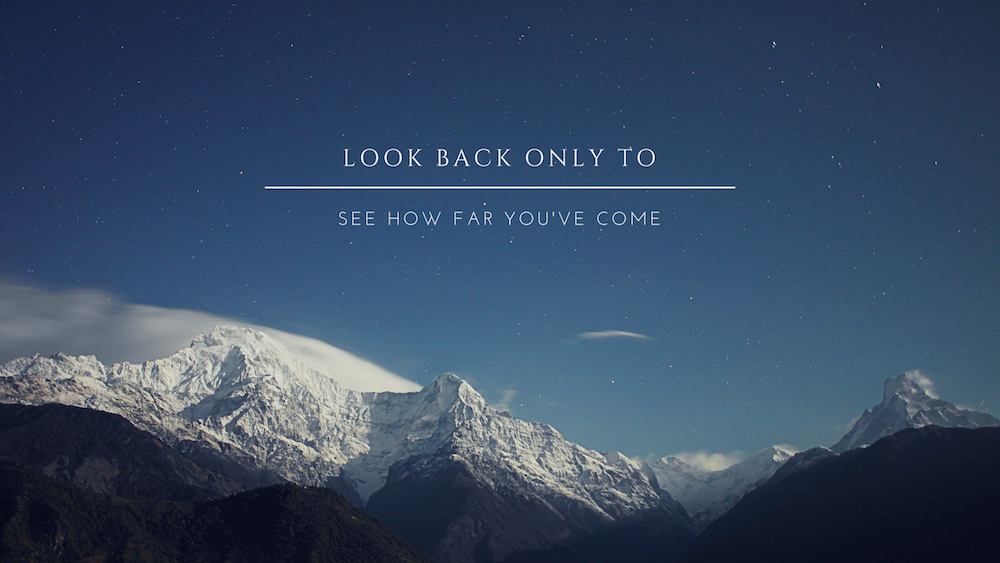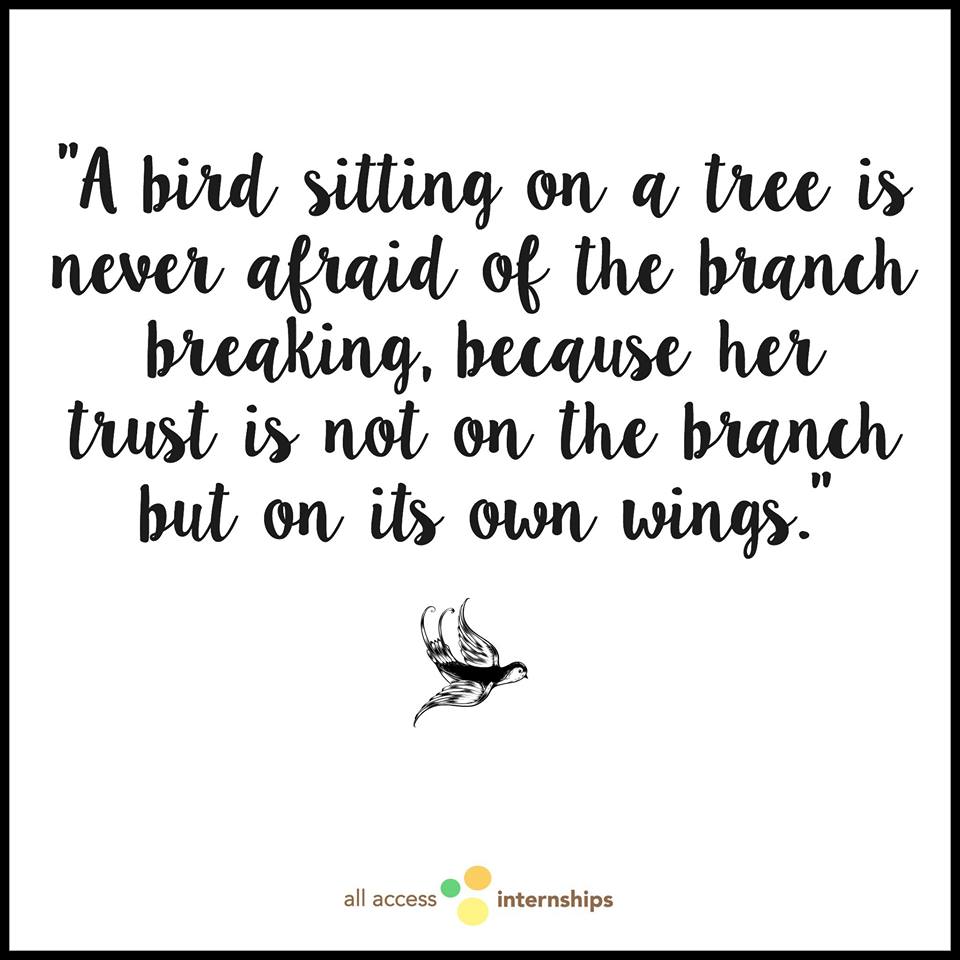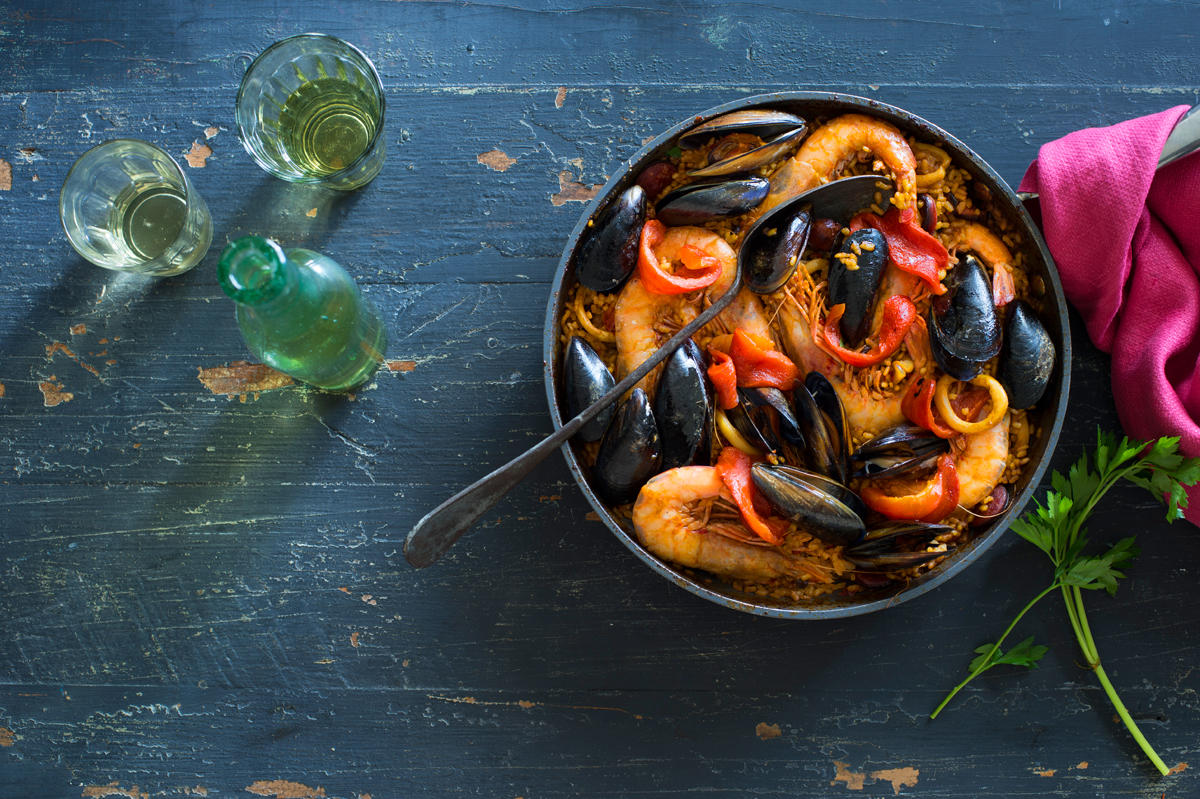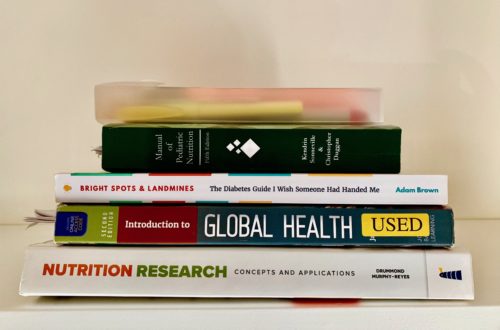
Life After My Dietetic Internship
My journey to become a registered dietitian has come to an end. I’ve obtained a bachelor of science in nutrition, completed an accredited dietetic internship, passed my registration exam, and started work as an outpatient registered dietitian. So now what?
It’s funny to think back on my time as an undergrad student and my intense focus on putting a BIG – FAT – “RD” at the end of my name. Those letters were the light at the end of the tunnel. A degree, a clinical internship, registration exam prep – It consumed me.
It reminds me a lot of when I trained for my first marathon. The idea sounded doable, but after months of preparation, I started to wonder if it was worth it. Pushing through the exhaustion of training, I toed the starting line. I had put in the work, I might as well give the marathon course a shot. Around mile 16 my legs fatigued and doubt set in. Can I really finish this? What was I thinking? But I kept going… because sometimes the only way ‘out’ is ‘through’. I crossed the finish line with tears in my eyes and thought that I would never be dumb enough to do this again. But as I showered, refueled, and took a better look at my marathon medal, I was so proud of my achievement. Look what I accomplished! I ran marathon! With some experience under my belt – could I run faster next time? Before I gave it too much thought, I signed up for a second marathon.

Learning the Ropes
While the undergraduate degree and dietetic internship establish the standards of practice and professional performance for RDs, about 40% of what I do on a daily basis – I learned on the job. My primary focus is our diabetic population; I am involved in the full scope of their care.
I often triage my own patients (height, weight, blood pressure, and finger pricks for A1C and lipids), consult pharmacy for DM medication management, and teach AADE self-care behaviors. This includes; healthy eating, being active, blood glucose monitoring, taking medications, problem solving, reducing risks and healthy coping. I am part coach, part cheerleader, and part encyclopedia. I work along side the provider to establish an appropriate plan of care.
I am also involved in the grant writing that funds my salary. I document and report on clinical measures, which I then submit at both the state and federal level. For an added challenge, our clinic primarily serves a minority group of which i’ve had very exposure to. Fortunately, I was offered a few classes to assist me in providing culturally appropriate care.
The Certified Diabetes Educator
My clinic has encouraged (and incentivized) pursuing the Certified Diabetes Educator (CDE) credential. A CDE is a health care professional who is specialized and certified to teach people with diabetes how to manage their condition. This credential will allow me to continue my clinic work without the oversight of my boss (a Nurse Practitioner, CDE).
To obtain my CDE, I need to hold my dietetic registration for at least two years and obtain/document 1000+ hours of diabetes teach time. I’ll then sit for a national exam and maintain my credential through continuing education (in addition to my RD).
Masters Degree
I have contemplated starting a masters degree. While I’m grandfathered into the profession with my bachelors, come 2024, all new professionals will enter as MS, RD. I’ve considered an MS in Health Administration through University of Colorado, Denver. I’ve also looked into a new program through Colombia University (in NYC, but offered online) that offers an MS in Diabetes Education and Management. It’s very unique in that it’s offered to a range of professionals (physicians, PAs, nurses, occupational therapists, pharmacists, physical therapist, podiatrists and RDs). Graduates of the program are eligible for leadership positions in diabetes education, clinical case management, diabetes program management, and policy development.
It sounds like I may have signed up for another marathon, doesn’t it? I guess, in the words of Mick Jagger, anything in life worth doing is worth overdoing.





